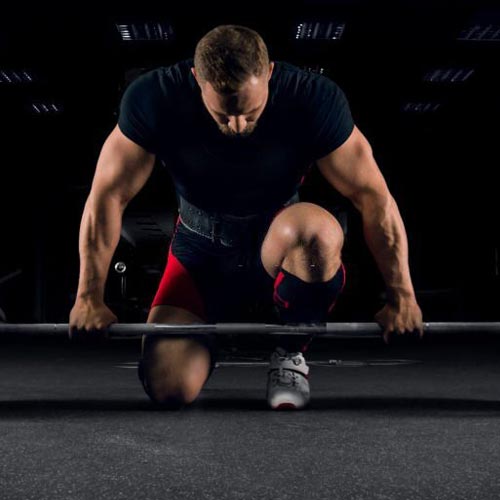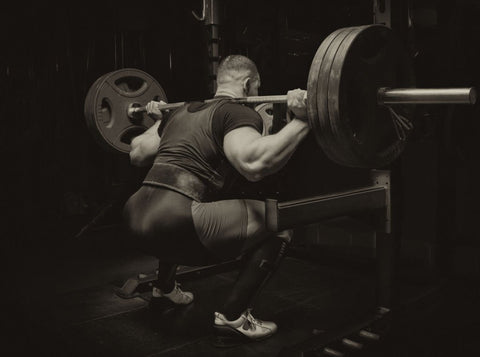
Powerlifting Belts: The Ultimate Fitness Trend You Need to Try Now!
Share
Unveiling the Powerlifting Belt Phenomenon:
The biggest fitness trend right now! In this we will get into the benefits, usage and effectiveness of powerlifting belts. Want to take your strength training to the next level and reach new heights in your fitness journey? Powerlifting belts might just be the magic pill for you.
What Are Powerlifting Belts?
Powerlifting Belts are supportive gear designed to give support and stability to your lower back and core during heavy weightlifting. Made of high quality leather or tough nylon and wider in the back, tapering down towards the front. They have a sturdy buckle or quick release mechanism to secure them.
The Importance of Powerlifting Belts
Injury Prevention
The main purpose of a Liftbelt is to prevent injury, mainly to your lower back. By providing external support to your core muscles these belts help you maintain good form and stability during heavy lifts and prevent strain or damage.
Increased Intra-Abdominal Pressure
When you wear a Powerlifting Belt it acts as a physical cue for your body to increase intra-abdominal pressure. This increases pressure on your spine and surrounding muscles so you can generate more force and power. You can lift heavier and go further.
Enhanced Performance
By using a Powerlifting Belt, you tap into the mechanical advantage. The belt allows you to brace your core more effectively, a solid base for explosive movements. This leads to better technique, more efficient lifting and better performance in powerlifting exercises.
How to Choose the Right Powerlifting Belt?
Material and Construction
Powerlifting Belts come in different materials like leather, nylon or suede. Leather belts are for durability and support, nylon belts for flexibility and ease of use.
Width and Thickness
The width and thickness of the belt is important. A wider back section gives more support to the lower back and distributes the load evenly. Look for a belt that has a suitable thickness for comfort and stability during your training.
Proper Sizing
Make sure to get the right size for your powerlifting belt. Measure your waist and refer to the size chart. A good belt should be snug but not too tight so you can breathe and have support.

How to Use Powerlifting Belts Safely?
Learn Proper Technique
Before you add a Lift Belt to your routine you need to master the technique. Focus on a neutral spine, engage your core and use the belt as a tool to help you maintain form.
Gradual Progression
Like any fitness tool it’s best to introduce a powerlifting belt gradually. Start with lighter weights and lower intensity and increase the load as you get comfortable.
Don't Rely Solely on the Belt
Power Lift Belt is great support, but don’t use it as a substitute for overall strength and stability. Use your belt with a well-rounded training program that includes core exercises and mobility work.
So, why wait? Take the plunge and join the Powerlifting Belts revolution today!


